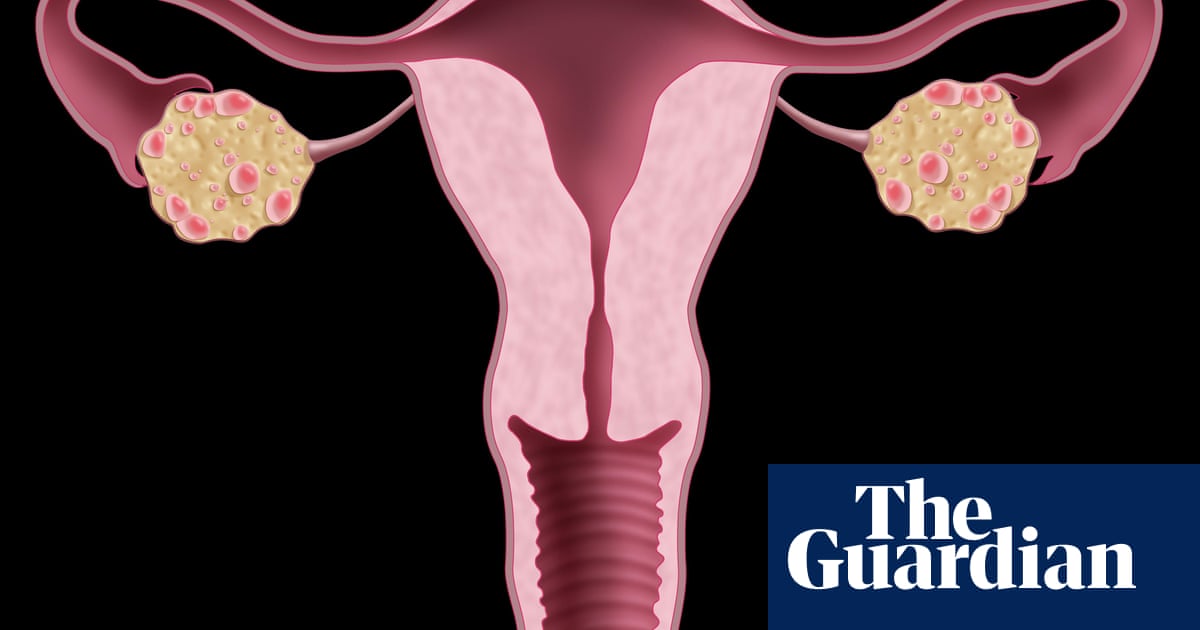Thank you for publishing the article about polycystic ovary syndrome (PCOS) by Charlie Brinkhurst-Cuff (I was diagnosed with PCOS – and was soon drowning in misinformation, 22 June). It resonated with my experience of diagnosis and frustration at the complete lack of support. I was first tested in my teens and told my blood test was normal. I was retested at 34 when I went to my GP about weight gain and struggling with exhaustion. When I was confirmed to have PCOS I was warned about the health issues, and told the best thing I could do was lose weight, even though this would be very difficult, and to come back when I was struggling to conceive.
Charlie is right: the amount of time and energy I had to put in to try to understand how to be healthy has been a huge drain. Especially sifting through the masses of misinformation. It took me two years and a lot of hard work to understand a diet and exercise plan that worked for me. It’s been difficult and lonely trying to navigate this on my own.
Despite the warnings, I was lucky and got pregnant easily. Unfortunately, my maternity care is being coloured by a lack of understanding of PCOS. I know I am at greater risk of miscarriage, gestational diabetes and pre-eclampsia, but my midwife dismissed my concerns about all but the diabetes. I had an extra test for diabetes early in my pregnancy, thankfully negative and another booked for 28 weeks. But I have been struggling with anxiety, as I am at greater risk with no support or advice. Being dismissed as worrying about nothing did not help.
TheNHSneeds to provide better understanding and support for people with PCOS. I hope it improves quickly. I would hate, if I have a daughter, for her to have the same experience I have had.Name and address supplied
